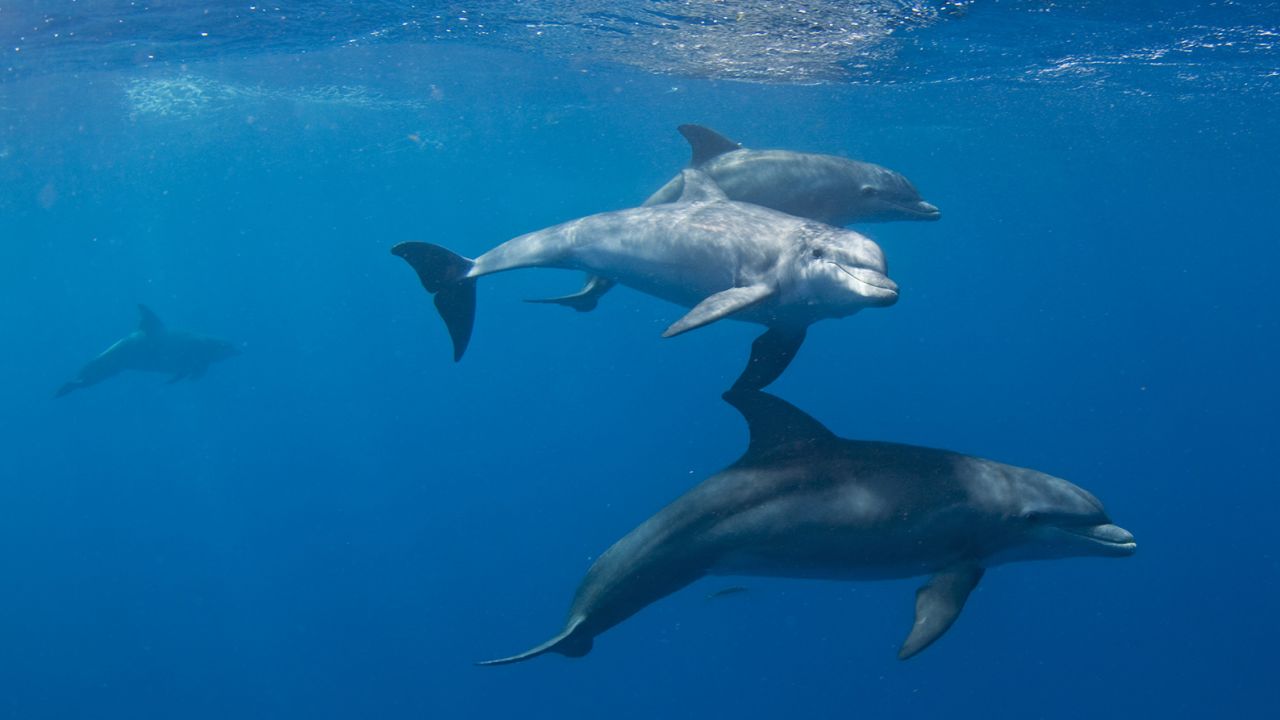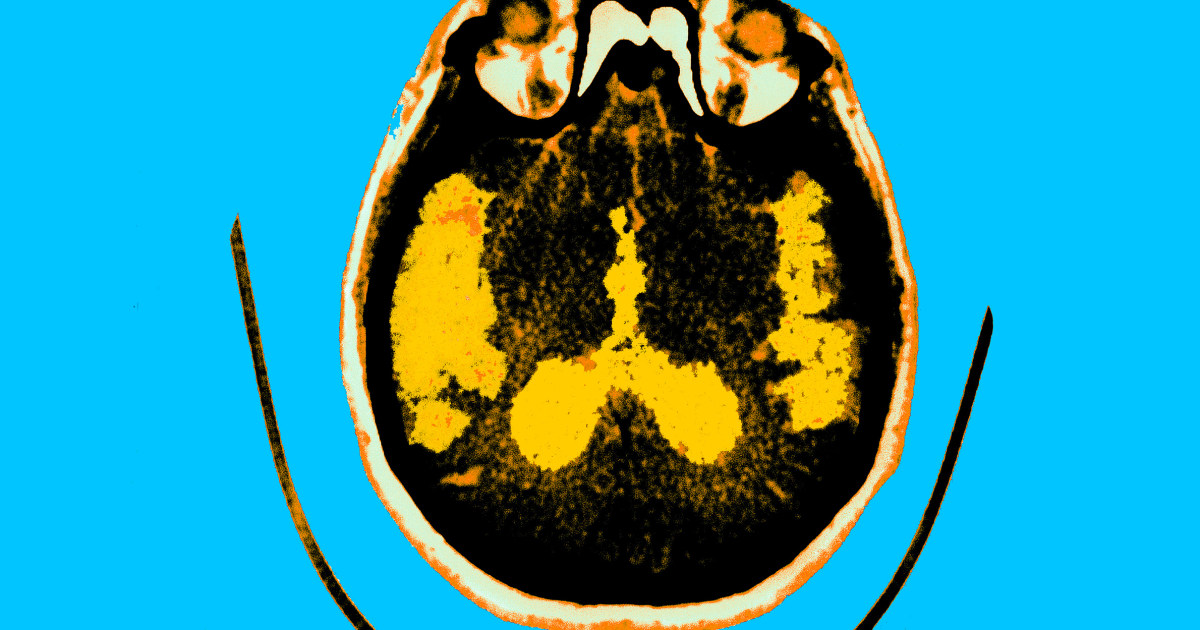This is how they rescue two "magical" dolphins in Bolivia 0:46
London (CNN) --
The brains of three species of dolphins found stranded off the coast of Scotland show the hallmarks of Alzheimer's disease, according to a new study, shedding light on the disease in species other than humans.
According to the researchers, the findings may also provide a possible answer to the unexplained stranding of dolphins along the coast.
Stranded dolphin dies on Texas beach after people tried to swim and ride it, organization says
Alzheimer's is a common neurodegenerative disorder that primarily affects older people, with symptoms such as memory loss, forgetfulness, and confusion.
According to a study published December 13 in the European Journal of Neuroscience, researchers from Scotland conducted postmortem studies on the brains of 22 toothed whales, making their findings more detailed compared to others, according to the authors.
All the specimens studied were stranded on the Scottish coast, like this white-beaked dolphin on Montrose beach.
(Credit: Steve Black/Shutterstock)
"It's more in depth and breadth as it looks at a larger number of animals from several different species of cetaceans that are known to be of (older) age for the species," Mark Dagleish, co-author and chief physician at Anatomical Pathology of the University of Glasgow.
The study analyzed specimens of five species: gray dolphin, pilot whale, white-beaked dolphin, harbor porpoise and bottlenose dolphin.
Of the 22 studied, 18 were aged specimens.
advertising
Bottlenose dolphins were one of five species examined in the recent Alzheimer's disease study.
Credit: Adobe Stock
"Essentially, whole brains (were) examined to provide profiles of lesions (abnormalities) using more markers of Alzheimer's disease," Dagleish added, using the same techniques used for human tissues.
The results showed that three aging dolphins -- a pilot whale, a white-beaked dolphin and a bottlenose dolphin -- had brain changes, or lesions, associated with human Alzheimer's.
Experimental drug appears to slow Alzheimer's disease progression in clinical trial, but raises safety concerns
Tara Spiers-Jones, another of the study's co-authors, said this week that researchers "were fascinated to see brain changes in aging dolphins similar to those in human (aging) and Alzheimer's."
"Whether these pathological changes contribute to the stranding of these animals is an interesting and important question for future work," said Spiers-Jones, a staff professor of neurodegeneration at the University of Edinburgh's Dean of Biomedical Sciences.
Pilot whales were among three aging dolphins showing lesions similar to those of humans with Alzheimer's.
Credit: eco2drew/iStockphoto/Getty Images
The researchers found that the specimens had accumulated phospho-tau proteins and glial cells, and had formed plaques of beta-amyloid, the clump of a protein found in the brains of people with Alzheimer's.
The distribution of these lesions was comparable to that of brain regions in humans with Alzheimer's, according to the research paper.
Experimental drug appears to slow Alzheimer's disease progression in clinical trial, but raises safety concerns
According to Dagleish, these findings are "the closest we've come to demonstrating that an animal spontaneously develops the lesions associated with Alzheimer's disease," which were previously thought to only occur in humans.
Toothed whales often beach themselves in groups on UK shorelines, which the study authors say could support the "sick leader" theory, whereby the group follows an elderly leader into shallow water, possibly as a result of of confusion.
The similar neuropathology of elderly dolphins and humans with Alzheimer's suggests that marine mammals are susceptible to the disease, but Dagleish said a diagnosis can only be made if there are cognitive deficits.
These are usually detected through assessments of cognitive impairment, something impossible with postmortem studies.
Alzheimer'sDolphins










/cloudfront-eu-central-1.images.arcpublishing.com/prisa/KMEYMJKESBAZBE4MRBAM4TGHIQ.jpg)


